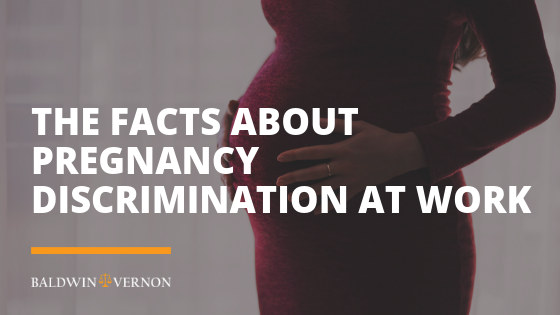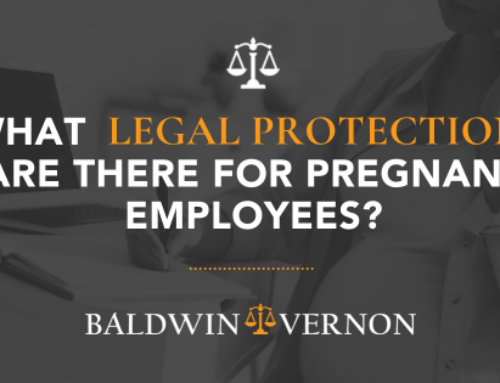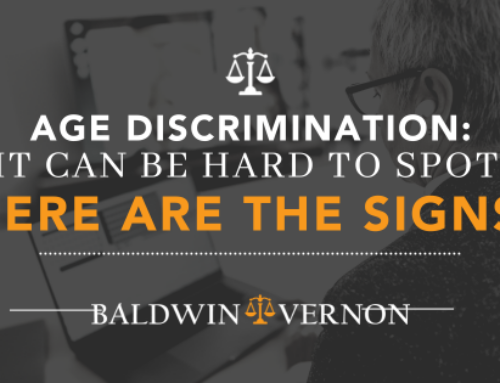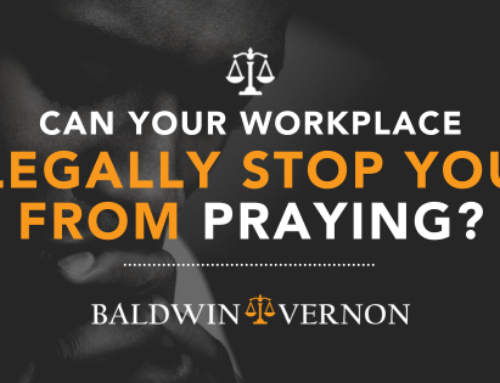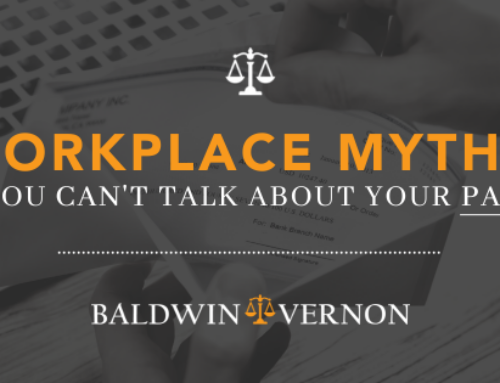According to the U.S. Equal Employment Opportunity Commission, if an applicant or employee is treated unfavorably due to pregnancy, childbirth, or a medical condition related to pregnancy or childbirth, the treatment is classified as pregnancy discrimination.
The Pregnancy Discrimination Act states that discrimination can include any aspect of employment such as hiring, firing, salary increase or decrease, job assignment, promotions, demotions, training, leave, and health insurance.
Americans with Disabilities Act (ADA)
Impairments resulting from pregnancy, such as gestational diabetes or preeclampsia, may be classified as disabilities under the ADA.
An employer may have to provide reasonable accommodation for a disability related to pregnancy such as leave or modifications so that the employee can complete their job.
Pregnancy discrimination and harassment
It is against the law to harass an employee or applicant due to pregnancy, childbirth, or a medical condition related to pregnancy or childbirth.
The harasser can be a manager, supervisor, co-worker, client or customer.
If the harassment creates a hostile work environment or leads to an adverse decision such as firing or demotion, it is illegal.
Pregnancy and the workplace
A new parent may be eligible for 12 weeks of leave (paid or unpaid) if they have worked at the company for at least 12 months and the company is a “covered employer.”
An employer is required to provide reasonable break time for a new mother to express breast milk for at least one year after the child’s birth, as needed throughout the day. Employers also must provide a private place, other than a bathroom, where a mother can express breast milk.
Find counsel for pregnancy discrimination
Speak up to ensure that your rights are covered at your workplace. If you have been harassed or discriminated against due to pregnancy, childbirth, or a related medical condition, talk with a lawyer that has experience in workplace discrimination.


